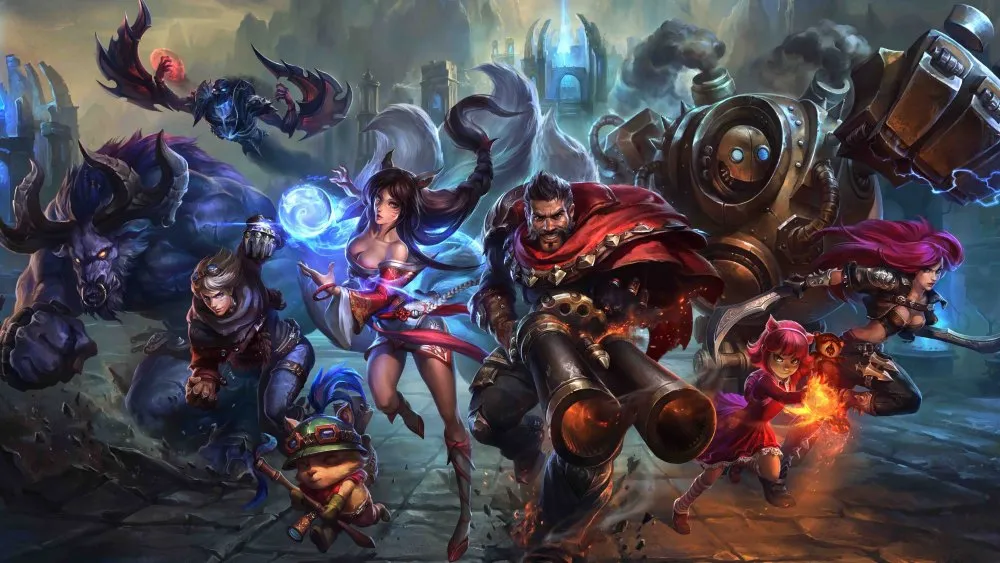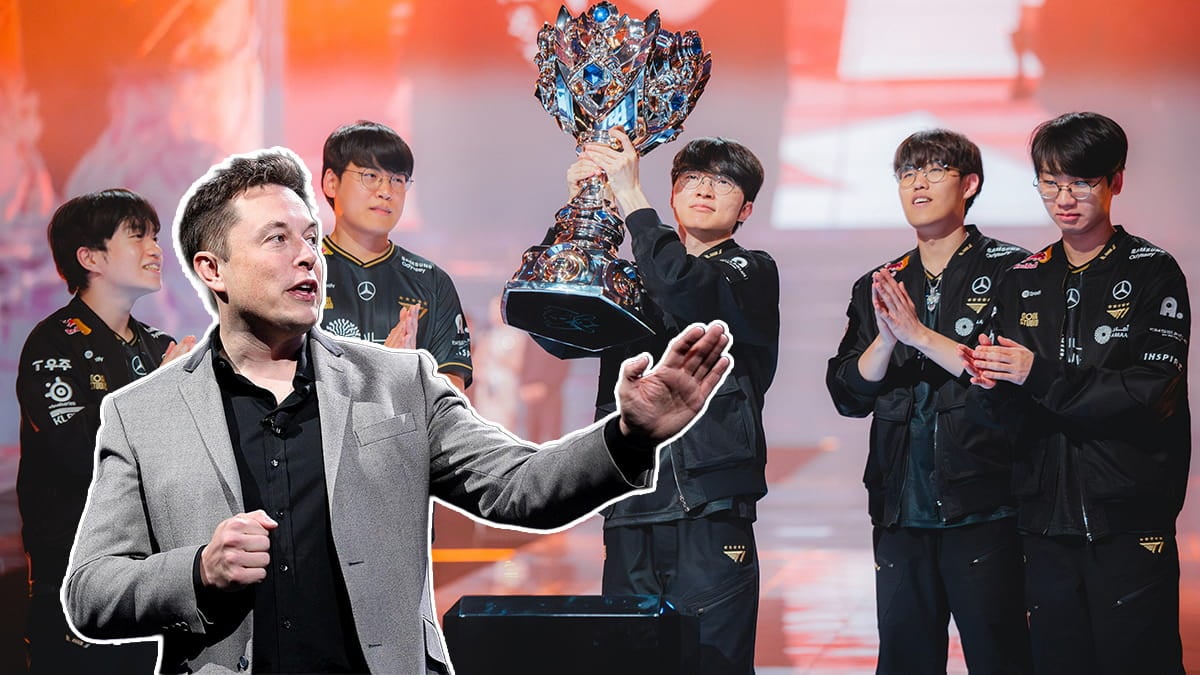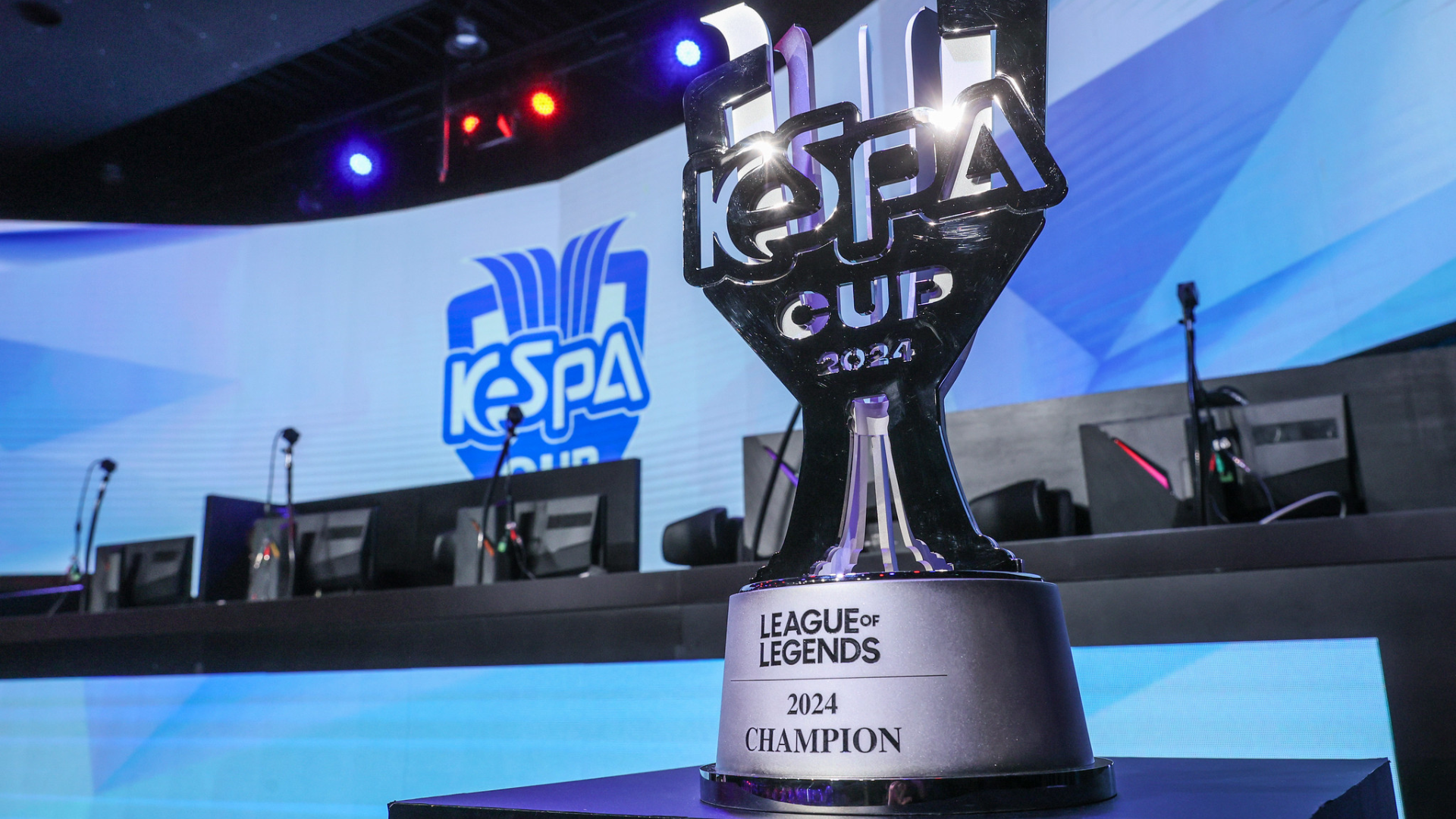Brought to you by IKON, challenging you to share your greatest game moments and win amazing prizes.
As tensions between the U.S. and Iran begin to boil over, the conflict has had an unexpected side effect. League of Legends, one of the most popular video games in the world, can’t be accessed in Iran and Syria “due to U.S. laws and regulations,” according to a message from the in-game client shared online by multiple Syrian and Iranian users.
After a U.S. military drone was shot down by the Iranian army earlier this week, the already tenuous relationship between the two countries has immediately soured even further—and Syria is also caught up in the conflict.
“Due to U.S. laws and regulations, players in your country cannot access League of Legends at this time,” a screengrab of the Iranian in-game message reads. “Such restrictions are subject to change by the U.S. government, so if and when that happens, we look forward to having you back on the Rift.”
This is an extraordinary occurrence that hasn’t been seen in the esports sphere before. Tariffs, trade sanctions, and threats of military conflict are frequent when countries are in active dispute, but the step of blocking civilians’ access to video games is a novel course of action. It’s quite a change from politicians regularly debating the dangers of loot boxes and microtransactions. This can easily set a precedent of conflicting countries disabling access to games as part of ongoing tensions.
The ban hasn’t stopped some players from cheating the system and using VPNs to get around the authentication process upon log-in (the part where the client flares up a message that says “Due to U.S. laws and regulations, players in your country cannot access League of Legends at this time”). But this still makes it quite difficult for League players in these affected countries to play since VPNs can be quite expensive in these areas.
Multiple Iranian and Syrian players have expressed despair about this situation. A common theme is that this won’t hurt the politicians or those with the power to do something, but instead, it’ll affect the civilians whose lives in a war-torn country already offer little comfort and access to video games. Based on the wording of the message, and the fact that it also details that the restriction is down to the whim of the U.S. government, it appears that Riot Games had little say in the matter.
The ban only applies to Syria and Iran right now, but if the U.S. enters into future conflict with another country, those citizens potentially may have their access to League of Legends revoked. The sanctions placed on Iran detail that any business in that country can’t trade with the U.S. and that any business caught trading with Iran is in trouble as well. League, like many other free games, has to sustain itself with microtransactions, which undoubtedly counts as a form of trade and therefore has to abide by the sanctions.












Published: Jun 22, 2019 08:46 am